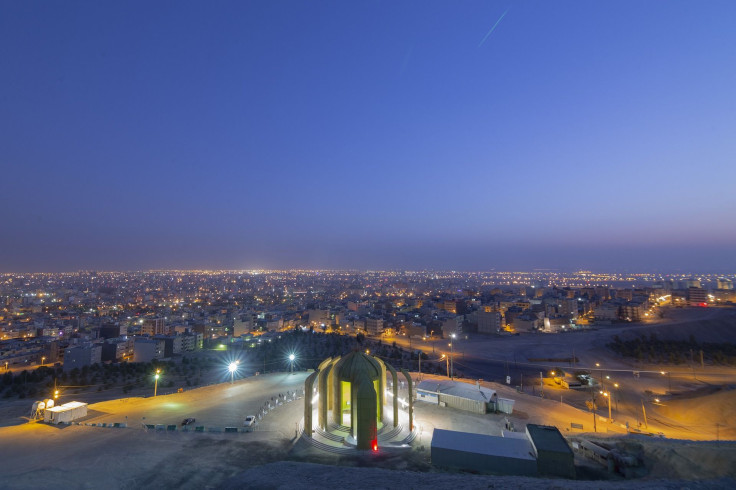US Adds Sanctions On Iran, Continues Pressure Despite Prisoner Swap

The Trump administration announced the imposition of new sanctions against Iran on Wednesday, a sign that the U.S. will continue to ramp up economic pressure on Tehran despite a recent successful prisoner swap.
Last week, Iran cooperated with a prisoner swap that freed Xiyue Wang, an American graduate student held on espionage charges since 2016. Wang was exchanged for Massoud Soleimani, a stem cell researcher who was arrested in 2019 for violating sanctions policies. The swap was a rare thaw in icy relations between Iran and the U.S.
“We’re hopeful that the release of Mr. Wang is a sign the Iranians may be willing to come to the table to discuss all the issues,” an unnamed senior administration official told the Washington Post.
But the imposition of new sanctions demonstrates the relationship remains contentious.
“The message is: Don’t confuse successful hostage negotiations with our campaign of maximum pressure, which will continue. You’re hurting and we intend to up the pain level,” Aaron David Miller, a former Clinton administration official, said of the sanctions move to the Washington Post.
The sanctions target an Iranian shipping group accused of helping smuggle weapons to the conflict in Yemen as well as three sales agents for Mahan Air, an Iranian-based airline.
"The Iranian regime uses its aviation and shipping industries to supply its regional terrorist and militant groups with weapons, directly contributing to the devastating humanitarian crises in Syria and Yemen," Secretary of the Treasury Steve Mnuchin said in a statement. "Aviation and shipping industries should be vigilant and not allow their industries to be exploited by terrorists."
The Trump adminstration's tough approach to sanctions has worried some critics, who say the maximum pressure campaign makes diplomacy harder and war more likely.
"A hardline approach from Washington has been met with an equally hardline approach from a Tehran desperate to show it will not be bullied into submission," wrote Defense Priorities fellow Bonnie Kristian in the Hill earlier this week. "Escalation is met with escalation. Maximum pressure on Iran is driving us toward war, not toward a mutually agreeable diplomatic deal and certainly not toward peace."
© Copyright IBTimes 2024. All rights reserved.





















